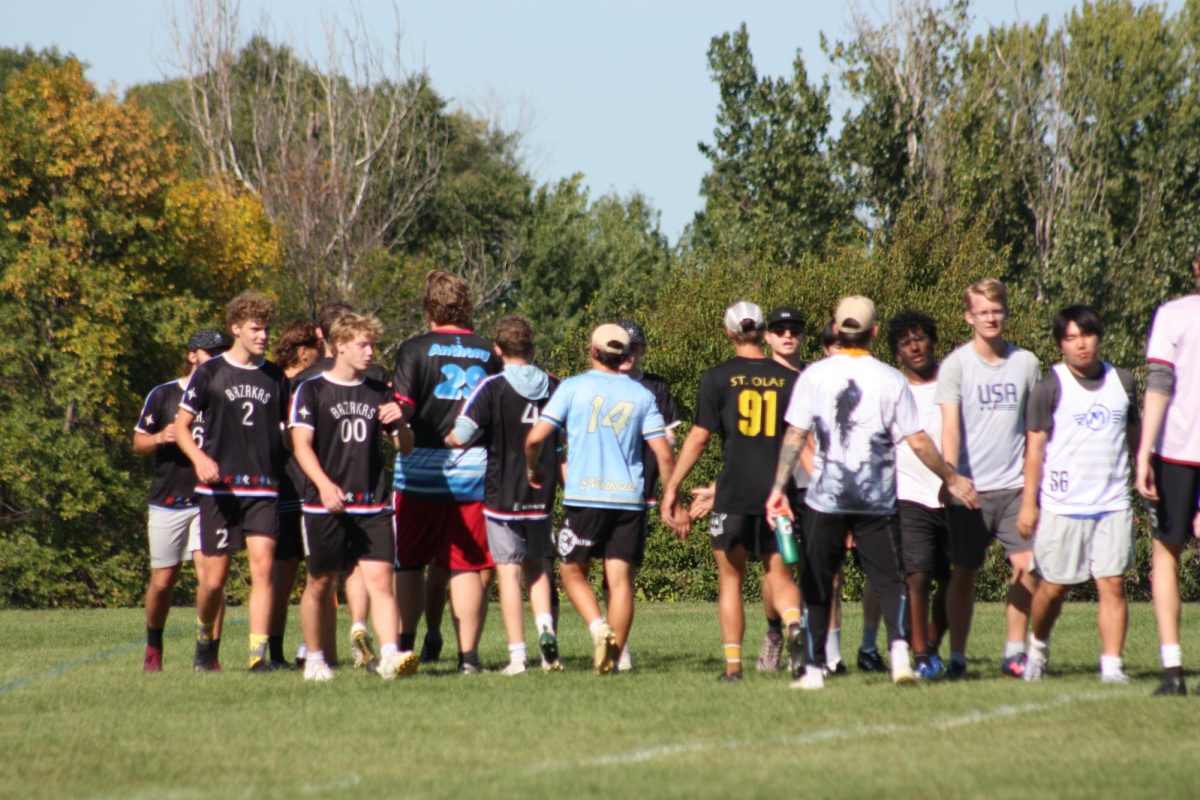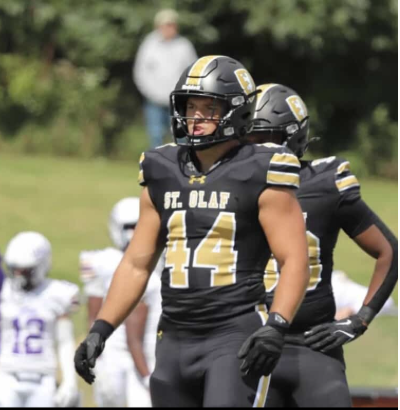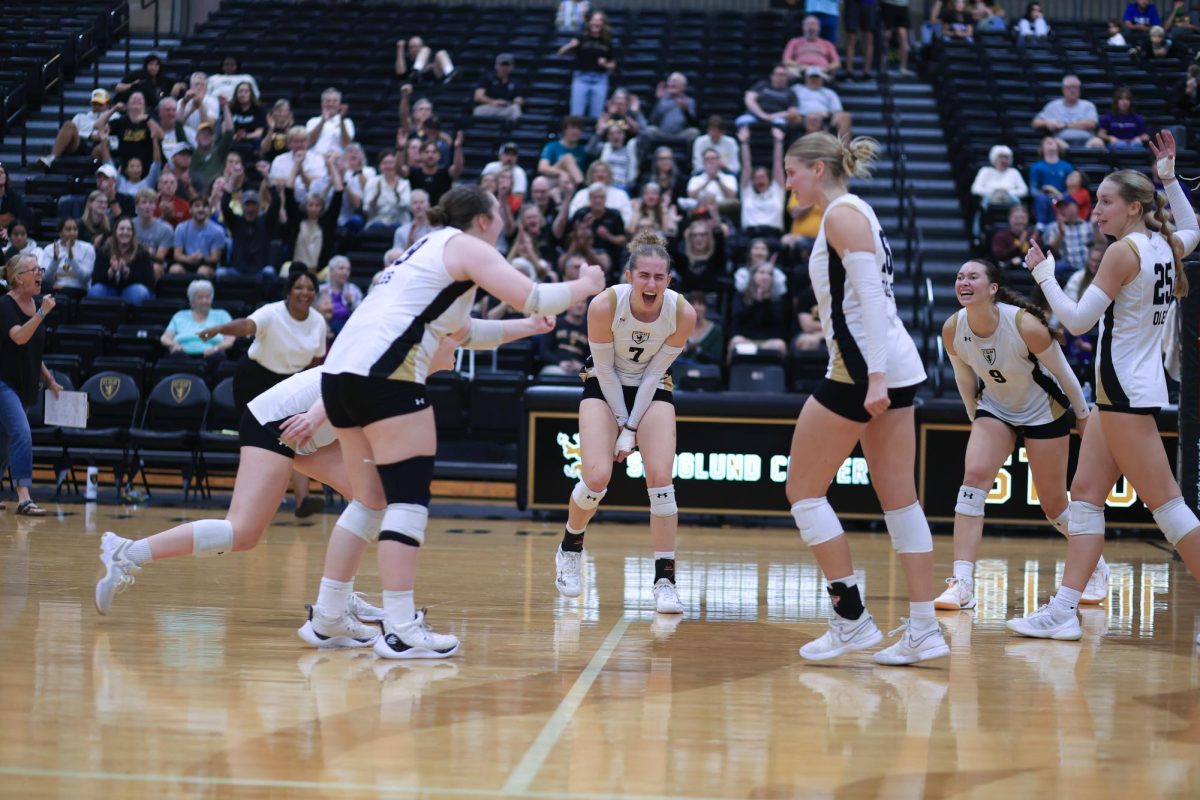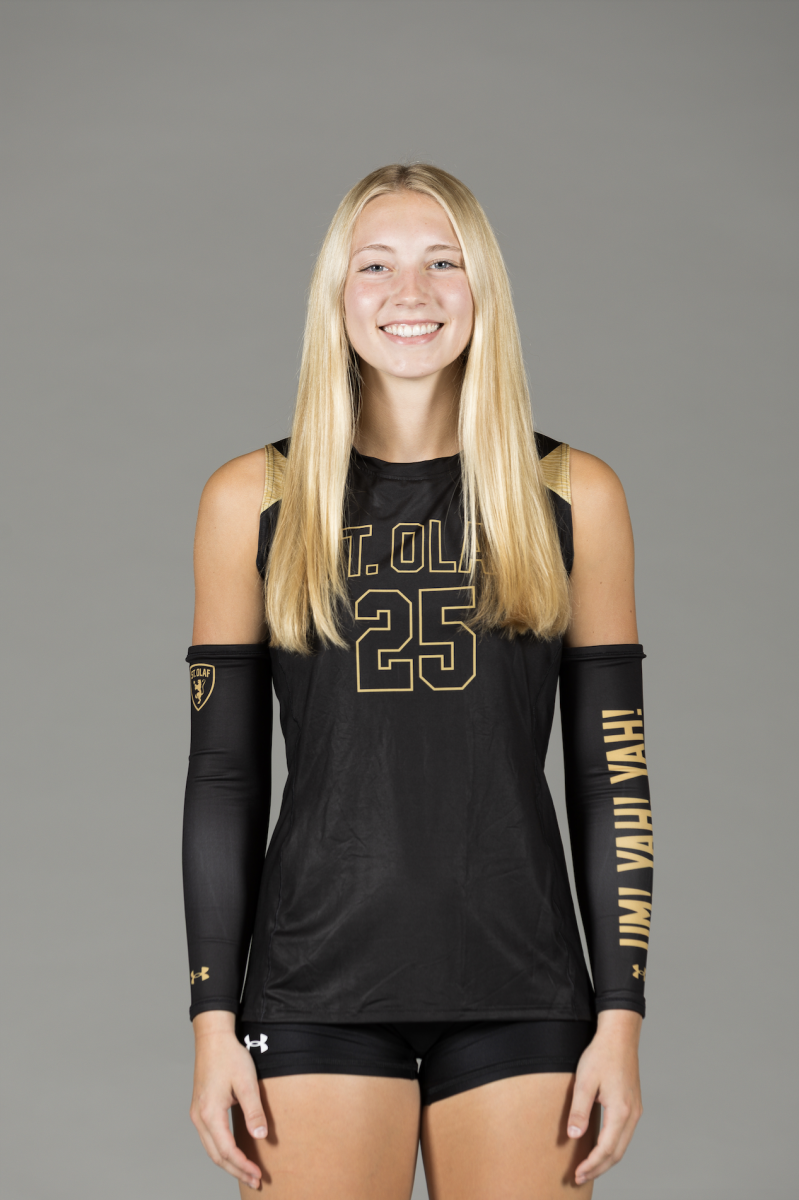In last week’s edition of The Olaf Messenger, I published a story detailing the #WeWantToPlay movement. Within that article, I purposefully withheld my personal feelings on the movement, believing the campaign to be legitimate enough to warrant an unbiased article solely devoted to detailing the effort. That of course does not mean I do not have strong personal feelings on the subject. Last week’s piece was meant for context, so before you read this one, give that one a look if you’re so inclined. This week’s piece is where I rip the movement apart.
On the surface, the #WeWantToPlay movement is relatively harmless. Following the Big-10 and the Pac-12 conferences announcing the suspension of their college football seasons back in August, players and fans alike called for the decision to be reversed and for the games to take place. Proponents of the movement reason that the players are young anyway, so even if they contract COVID-19, they won’t suffer much, if at all. They claim that the pros of holding a season far outway the cons, wanting to see football played regardless of the cost. However, upon closer examination, it becomes clear that this reasoning is ridiculous, irresponsible and flat out dangerous, regardless of how you spin it.
Young people are not immune to this disease. Since the beginning of the pandemic, people under 34 have accounted for 1,678 COVID-19 deaths (at least according to official numbers, as statistics are now believed to be underreporting the virus). Even if a young person were to survive the disease, the lasting health effects of the virus are not to be taken lightly. A prime example of this truth already having an impact on college athletes can be found in Georgia State University’s quarterback Mikele Colasurdo. A freshman three-star recruit out of South Carolina, Colasurdo has been ruled out for the season after being diagnosed with Myocarditis, a condition that causes inflammation in the heart that he contracted after battling COVID-19. Colasurdo is not alone. According to ESPN, as of Aug. 20, five athletes in the Big-10 alone had been diagnosed with the potentially life-threatening condition.
We as sports fans must also keep in mind who it is championing this movement. The primary voices advocating for the Big-10 and Pac-12 to reconsider their decision are high profile college athletes. While there is something to be said about athletes not wanting to lose an opportunity to bring a championship to their school and their fans, the players most outspoken regarding the movement are ones basically guaranteed a future in the NFL. They will have access to not only lucrative multi-million dollar contracts but also top notch healthcare to help them through any health complications they might have. The other 98 percent of players, athletes who will not go on to play football professionally, are being asked to risk their lives and their health with no such guarantees, all for a tiny chance at what is ultimately an arbitrary title.
Not only are the players at risk, but by participating in the season they put everyone around them at risk as well. Their families, their coaches, their trainers, their fellow students, their professors, their fans, even their pizza delivery guys—basically anyone who they could possibly come in contact with throughout the course of the football season—are put at extreme risk if games were to take place.
And for those arguing that President Donald Trump’s endorsement is a sign that this movement should be taken seriously, please get your head out of the sand. Trump doesn’t care about college football. He just doesn’t want voters in crucial midwestern swing states to remember how poorly he handled the COVID-19 pandemic. Do you think it’s a coincidence that he’s only paying attention to restarting the Big-10, a conference made up of midwestern teams, and hasn’t so much as mentioned the Pac-12, a conference made up of west coast teams?
In postponing their college football seasons, the Pac-12 and Big-10 made the unpopular but correct decision. They put safety over profits and should be commended for it. The Big-12, SEC and ACC conferences should all follow suit.





